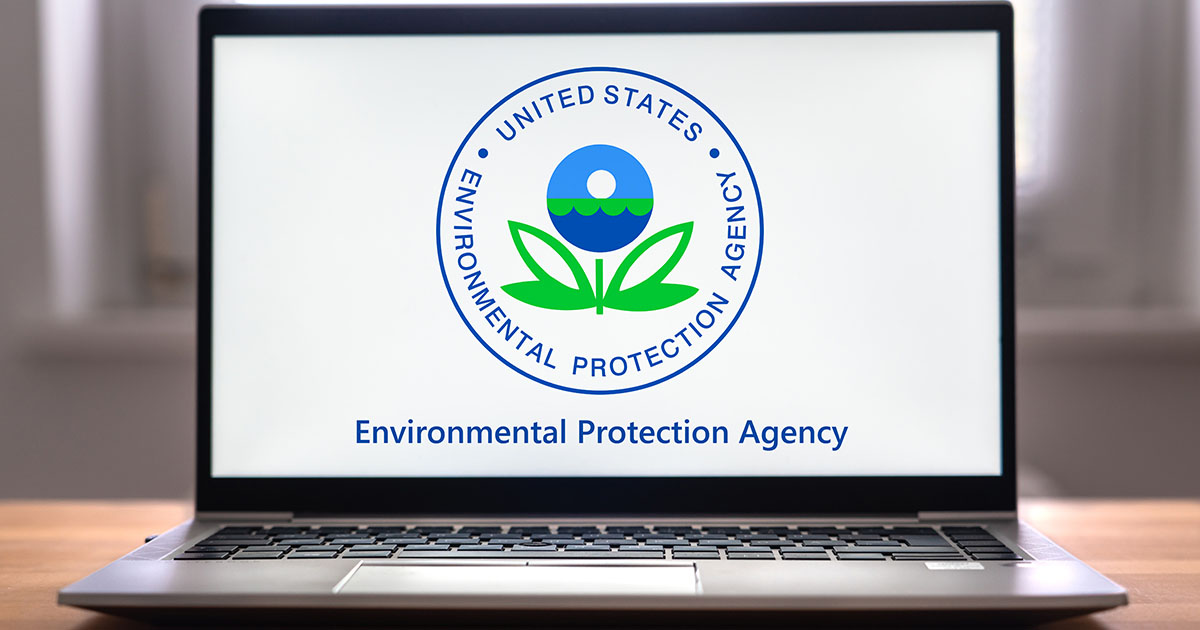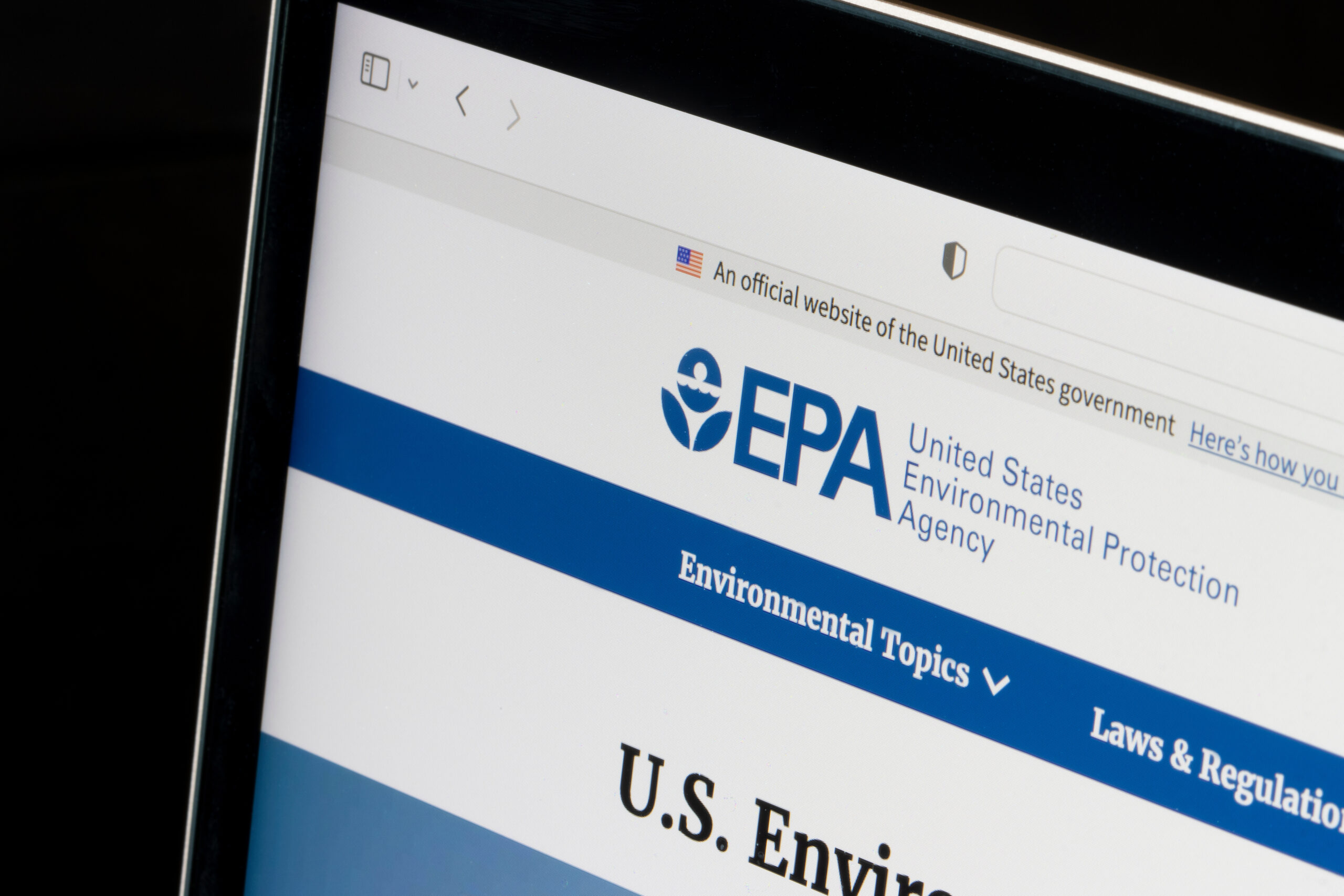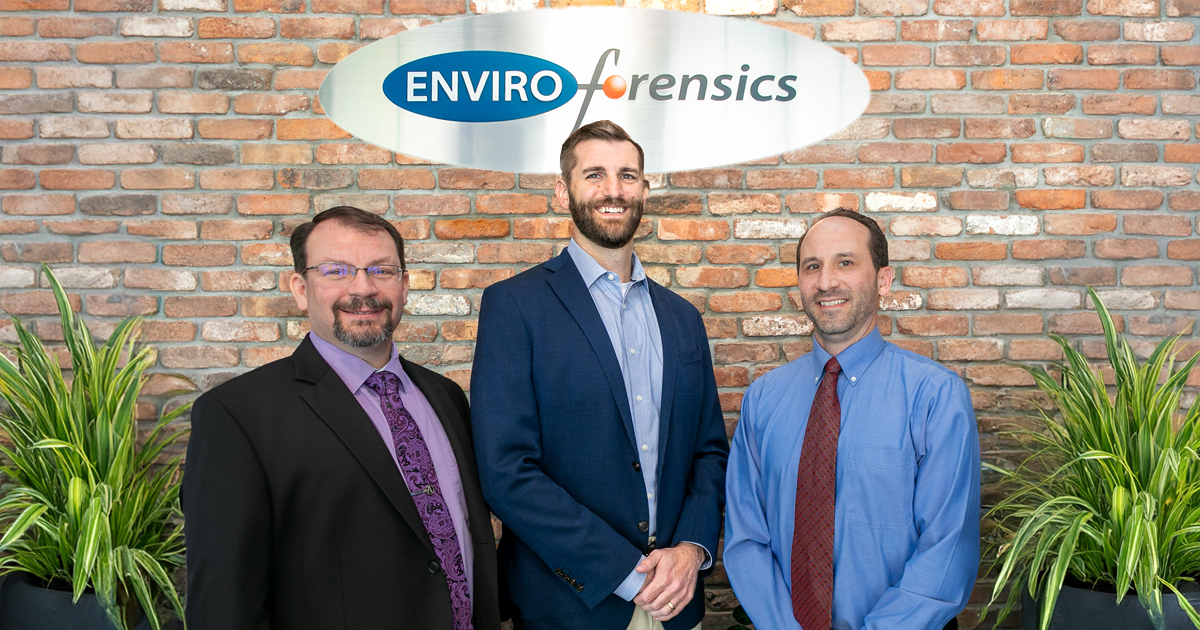BE PROACTIVE BY CONTACTING AN INSURANCE ARCHEOLOGIST AND AN ENVIRONMENTAL CONSULTANT
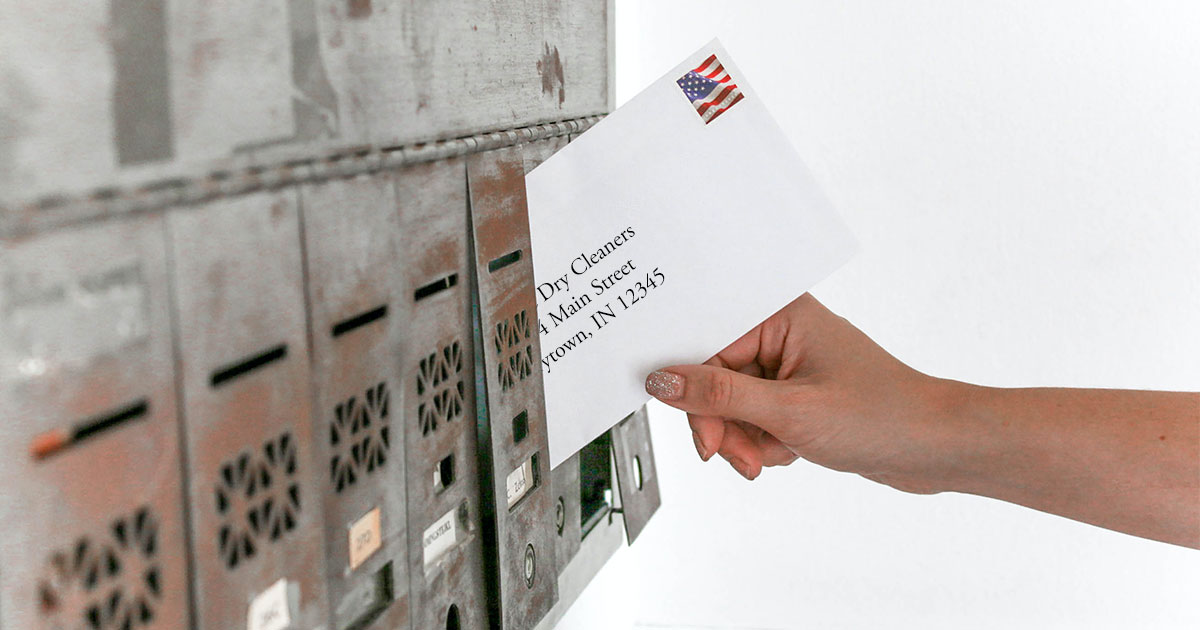
BY: DRU CARLISLE
We understand that most people are unhappy when environmental issues pop up. This can happen when a Phase I Environmental Site Assessment (ESA) has uncovered Recognized Environmental Conditions (RECs), you’ve received a demand letter from an environmental regulatory agency, or you’re aware that you most likely have contamination. Back in the day, many industrial solvents and chemicals used in operations like dry cleaning and manufacturing were not known to be hazardous, so regulations were different than they are today. Even newer industrial operations can have minor hazardous leaks and spills causing environmental impacts that will need to be addressed when they are discovered. Depending on the past business operations at certain properties, sometimes environmental issues are inevitable. Fortunately, there are steps you can take to protect yourself and potentially minimize your out of pocket expenses.
In this blog, we’ll dive into effective strategies to address environmental issues.
BE PROACTIVE WITH INSURANCE ARCHEOLOGY
It’s never too early to prepare for the potential challenges associated with environmental issues; whether it’s finding funds to cover the expenses through insurance archeology or finding the right partner to lean on for support. This is why it’s important for drycleaners, industrial launderers and textiles, and manufacturers to be proactive and assemble their available resources before an environmental issue is discovered.
LOCATE YOUR OLD POLICY INFORMATION AND BUSINESS RECORDS
Business owners that search for their old comprehensive general liability (CGL) insurance policies before an environmental investigation begins will have an important step taken care of because these policies can be used to help pay for resolving environmental liabilities.
Historical CGL policies, once located and leveraged, typically cover the costs of your legal defense and will pay on your behalf of damages if you are found liable—up to the limits of your policy. Historical CGL policies are valuable assets that may be worth millions of dollars and depending on your situation and the state in which you conduct business, the out-of-pocket environmental cleanup costs may be minimal.
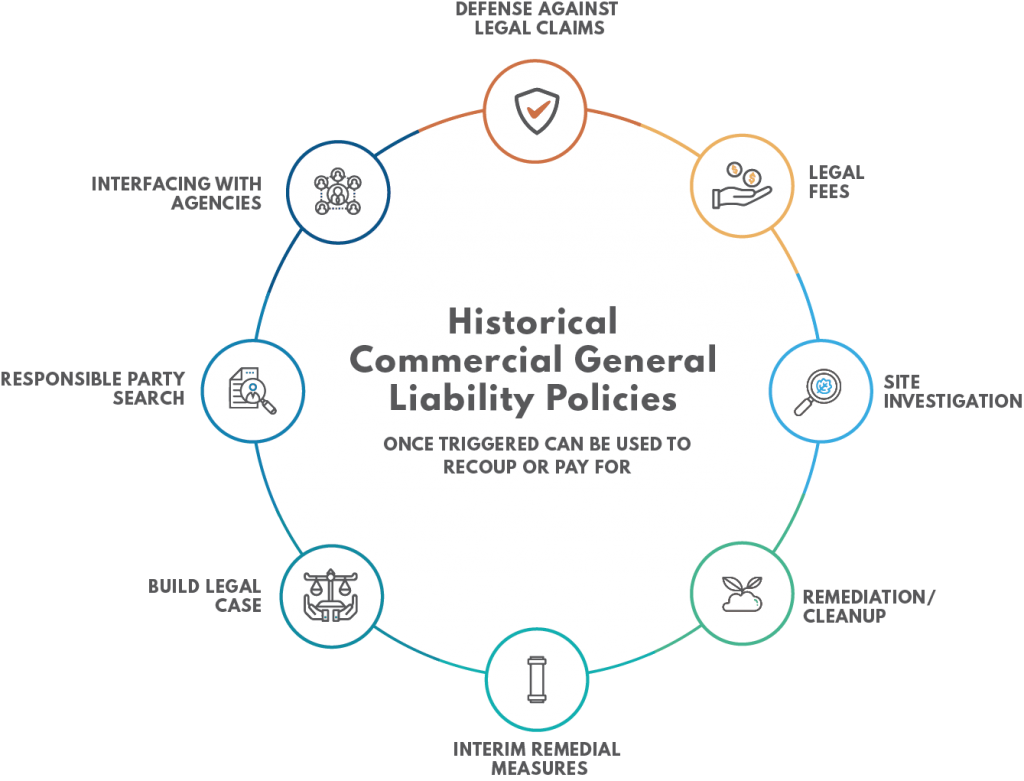
If locating your old policy information and business records proves to be too difficult to do on your own, you can bring in an experienced insurance archeologist to help find your old policy information, put together a corporate history and coverage chart for your company and property. Insurance Archeologists utilize a number of methods for tracking down evidence of policies, whether your own, or past owners or operators.
Learn more about our insurance archeology services
TAKE CHARGE OF YOUR ENVIRONMENTAL INVESTIGATION WITH AN ENVIRONMENTAL CONSULTANT
Since contamination devalues a business and a cleanup can take some time to do, it’s smart to act sooner than later, like when you’re ready to sell or pass on your business to the next generation. And now that you know how to find your old policy information and business records, it’s time to start strategizing with environmental experts to prepare for an environmental investigation.
DETERMINE THE RIGHT CONSULTANT FOR YOUR ENVIRONMENTAL STRATEGY
Experience matters and choosing an environmental expert with the right background and knowledge to guide you as you prepare your environmental strategy is crucial. Find environmental experts with significant experience in your industry. For example, drycleaners and industrial launders and textiles should look for experts with proven chlorinated solvent experience while manufacturers should look for experts with proven polychlorinated biphenyl (PCB) or hexavalent chromium experience.
The strategy may include an environmental investigation, a vapor intrusion assessment or maybe even an environmental remediation if contamination is found. It’s hard to know exactly what to expect when the process starts but having an experienced environmental consultant with expertise in your industry can make a big difference. They’ll have a better sense of what to expect at your business and will be there to help you navigate the decisions you’ll need to make to move forward with your environmental strategy.
While cleanup strategies are personal for each business, the overall steps are similar. A smart strategy begins with 1) finding what coverage is available, 2) determining the extent of contamination, and 3) implementing a site-specific cleanup plan.

There’s no need to face environmental liabilities or demand letters on your own. Business owners can take proactive steps to get in the driver’s seat and protect their assets with the support of insurance archeologists and environmental consultants. We strongly believe there shouldn’t be a financial barrier to performing meaningful environmental restoration work and that insurance policy coverage for environmental liabilities should be honored by the carriers.
Do you have questions about environmental investigations? Contact us today.

Dru Carlisle, Director of Drycleaner Accounts
For over 10 years, Dru has helped numerous business and property owners facing regulatory action, navigate and manage their environmental liability. Dru has vast experience in assisting dry cleaners in securing funding for their environmental cleanups through historical insurance policies. Dru is a member of numerous drycleaning associations in addition to serving on the Midwest Drycleaning and Laundry Institute (MWDLI) advisory council and on the Drycleaning & Laundry Institute Board (DLI) as an Allied Trade District Committee Member.

